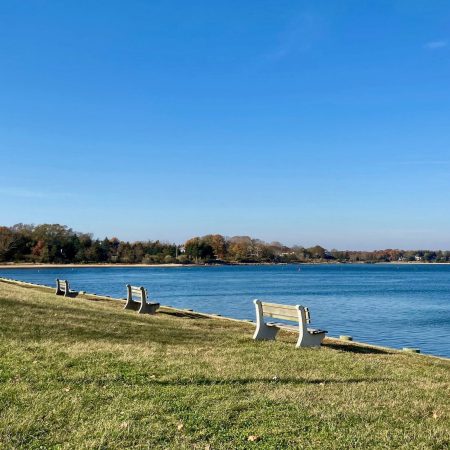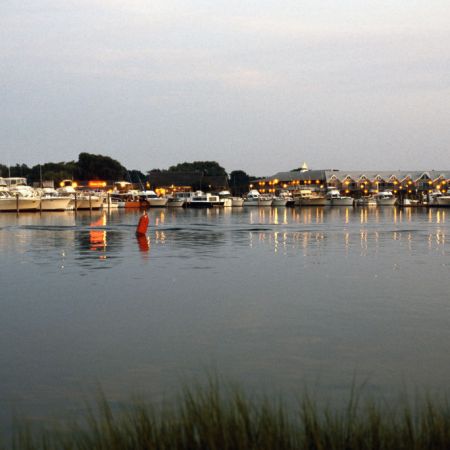Travel to Southampton, New York and you might find yourself taken with Coopers Beach. It’s been ranked as one of the best beaches in the nation — but it’s also the subject of a growing controversy. At issue here are the frustrations of the Shinnecock Indian Nation, descendants of the first inhabitants of the region, with how Southampton’s local government is handling access to the beach.
An article by Jake Offenhartz at Gothamist offers a good overview of the controversy. If you’re not a resident of Southampton Village, a parking pass will cost $50 for a day or $500 for the season. Registered members of the Shinnecock Nation can get half off the cost of seasonal parking — but that’s still a substantial sum for someone who lives all of a mile away to pay.
As the article notes, municipalities in other states have approved giving free beach access to tribal members that have a historical connection to those beaches. This is not the case in New York, which has led to a situation that tribal attorney Tela Troge referred to as “charging us $500 to go to our ancestral beach” in comments made to Gothamist.
It’s not hard to see issues of race and class coming to the foreground here — as well as the ongoing effects of a clash over a potential casino on Shinnecock land. One detail in Gothamist’s article that’s especially alarming concerns Southampton’s board of trustees, which nixed a deal that the town’s mayor, Jesse Warren, had made with the Shinnecock Nation over the controversy.
It’s not a great look for Southampton’s trustees. To state the obvious: beaches are a genuinely public space, where people from all walks of life should be able to converge and enjoy the sun, sand and water. And at a time when public spaces are more important than ever, keeping that access intact matters.
Thanks for reading InsideHook. Sign up for our daily newsletter and be in the know.


















